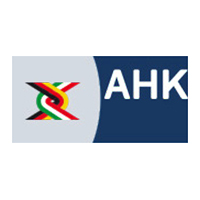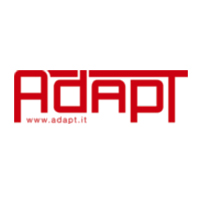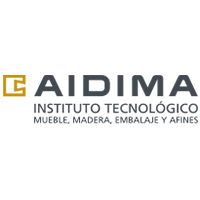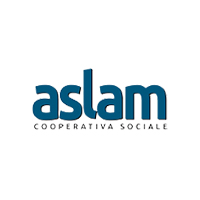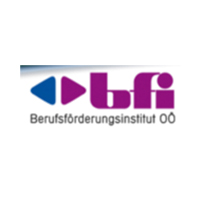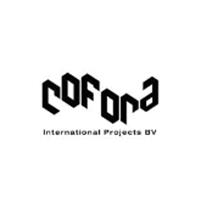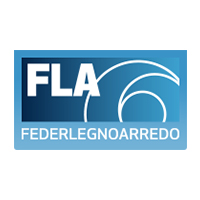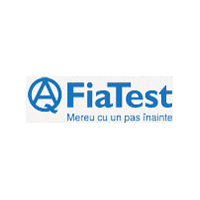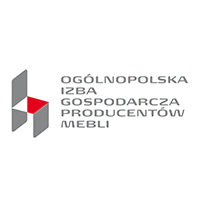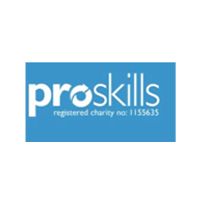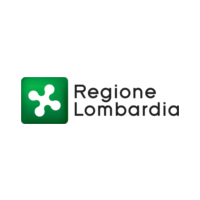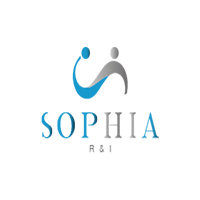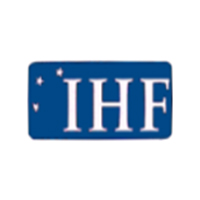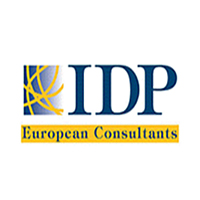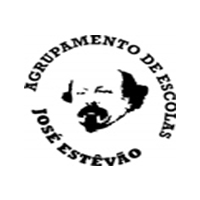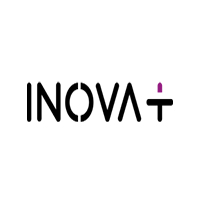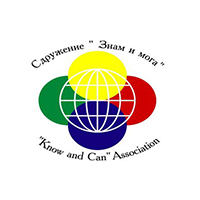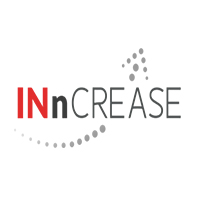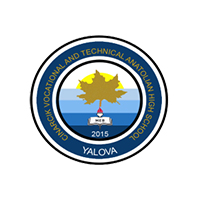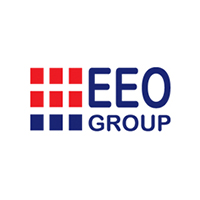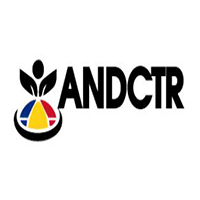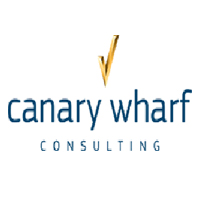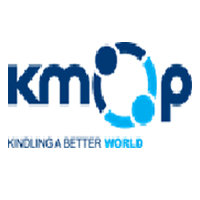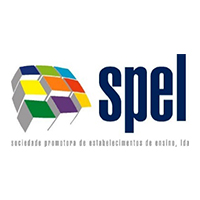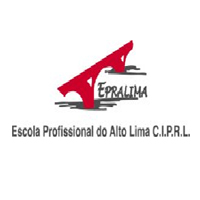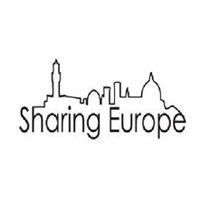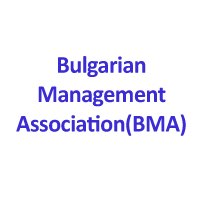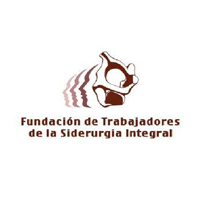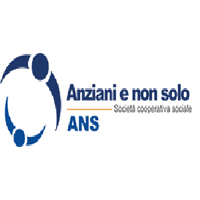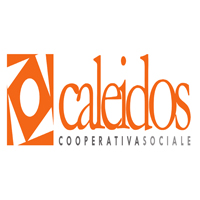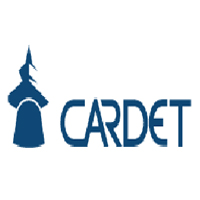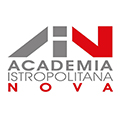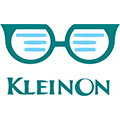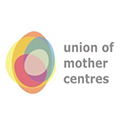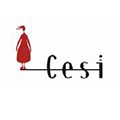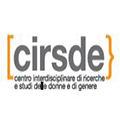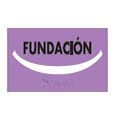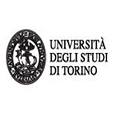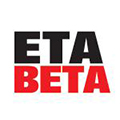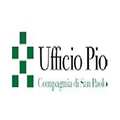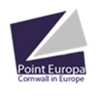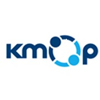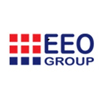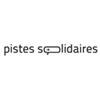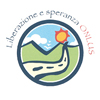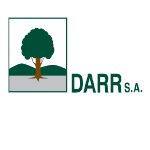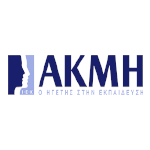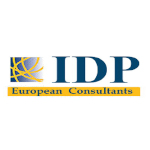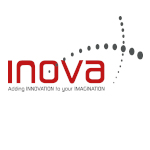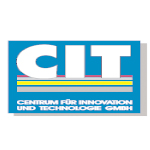
International Projects (11)
| Description |
The project aims at proposing an integrate and complete strategy for improving youth employability and a better school-to-work transition. In particular, the project will foster the collaboration between VET institutions and employers in the wood and the furniture sector, contributing to adapt curriculum and qualification profiles and proposing and testing a cooperation framework between enterprises/employers and VET institutions to define integrated transnational dual learning models. In particular the project aims:
|
| Activities |
7 Intellectual Outputs:
13 Multiplier Events:
Teaching Activities
|
| More info? | |
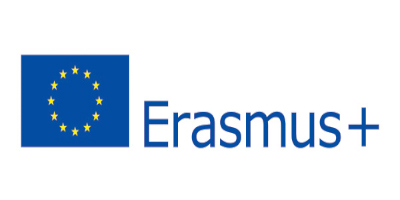
This project has been funded with support from the European Commission.
This publication [communication] reflects the views only of the author, and the Commission cannot be held responsible for any use which may be made of the information contained therein.
Enhancing Competitiveness of Microenterprises in Rural Areas (MICRO)
| Description |
MICRO is developing and deploying Open Educational Resources (open and widely available training content and modules) targeted at micro and craft-type enterprises in rural areas to foster their chances of growth and access to the EU single market and EU opportunities to ultimately enhance their competitiveness. Our goal is to promote growth and employment in rural areas by leveraging underutilized EU opportunities and promoting participation to EU Single Market by microenterprises. Hence the objectives of the project, include:
|
| Activities |
Four Intellectual Outputs:
Six Multiplier Events:
MICRO ’s target groups
|
| More info? | |

This project has been funded with support from the European Commission.
This publication [communication] reflects the views only of the author, and the Commission cannot be held responsible for any use which may be made of the information contained therein.
EURO4SCIENCE 2.0 – Spin Off of a Forensic Science Educational Strategy Promoting Scientific Literacy and European Students Citizenship
| Description |
Euro4Science 2.0 is a spinoff of a very successful partnership, previous Euro4Science Erasmus + Project. Euro4scince includes partners from Portugal, Poland, Greece, Turkey, Bulgaria and the UK Euro4Science 2.0, includes the development of a Forensic Science Educational Toolbox which, despite exploring the same "case-file" forensic like approach as in euro4Science 1, now pretends to wide activities subject expanding the range of topics from STEMs. The philosophy of enquiry education and case files exploration complemented with lab and field activities is now comprehensive to incorporate important priorities of present day citizenship and challenges including health education, environmental sustainability and inclusive society and human rights. In order to implement the innovative educational activities proposed and responding to a clear identified need, Euro4Science will promote the creation of a network of teachers properly trained in a hierarchical chain of workshops, from central "Train the trainers" hubs to local "hotspots" in order to reach a significant number of teachers and through them ultimately by secondary school students. Hence the objectives of the project, include:
|
| Activities |
Four Intellectual Outputs:
Multiplier Events
Euro4science’s target groups
|
| More info? | |

This project has been funded with support from the European Commission.
This publication [communication] reflects the views only of the author, and the Commission cannot be held responsible for any use which may be made of the information contained therein.
| Description |
The project is going to prepare a framework of knowledge and skills for the low-skilled unemployed adults 45+. The social and economic inclusion of this group will be achieved through advanced media literacy and digital skills. Medlit45+ is the appropriate project for low-skilled/low-qualified adults 45+ need to develop and upgrade their media literacy and digital skills for the effective use of social media in a way that can generate increased opportunities for them in the social and professional level. Hence the objectives of the project, include:
The added value of implementing the project at EU level is that it will contribute to the creation & dissemination of a common (& easily adaptable & transferable) framework & online resource platform that address a Union-wide challenge (and even more so since Romania, Greece, Portugal, Spain & Italy are among the countries with the lowest levels of digital skills, especially of low-qualified persons). It will also contribute to the further implementation of the New Skills Agenda for Europe. |
| Activities |
Three Intellectual Outputs:
6 Multiplier Events
Target groups
|
| More info? | |

This project has been funded with support from the European Commission.
This publication [communication] reflects the views only of the author, and the Commission cannot be held responsible for any use which may be made of the information contained therein.
SURVIVE: Surviving The Storm: Identifying & Linking Internal Capabilities with Business Continuity
| Description |
The project is going to perform study visits on leading SMEs to investigate their structure and exchange practices, study visits to SURVIVORs SMEs in partner countries affected by the crisis (GR, SP, PT) and collect the material necessary to create a training programme as a roadmap to success. A powerful tool will be created as a platform for further development, connection of executives between SMEs, exchange of practices and a flexible learning program that will link the specific needs of SMEs (which will derive from the desk and field research) in terms of internal capabilities, with the training offered, in a way that will allow effective use of resources (people/time) and connect learning with business results. The main project objective is analysed in creating a powerful tool &a flexible training program that will manage to link the market needs with the training offered, in a way that will allow effective use of resources (people, time) &clear connection of training with business results. |
| Activities |
The activities of the project are:
Seven (7) Short-term joint staff training events will be organized in partners’ countries (Italy, Greece, Bulgaria, Poland, Spain). 2 Staff members from each partner will participate to the training activities. These training events aim at visiting either SMEs in each partner country that have survived through the crisis but also niche SMEs that have upgraded their management system and have dealt with the crisis the past few years, and they have profit, and are sustainable. |
| More info? | |

This project has been funded with support from the European Commission.
This publication [communication] reflects the views only of the author, and the Commission cannot be held responsible for any use which may be made of the information contained therein.
BLEND IN – Language, Cultural and Social Orientation for Young Refugees
| Description |
BLEND IN aims to prepare and empower one of the most vulnerable groups of our times, young migrants & refugees seeking a better life in a third-EU country. The ultimate objective of the project is to develop the social, civic, intercultural competences of the young refugees and migrants resettled in a host country, inform them on their rights and promote their autonomy, active citizenship and participation in social life and labour market, thus preventing their social exclusion, combating discrimination and segregation by facilitating their smooth cultural and social integration in the host community. To achieve this objective, the BLEND IN partners will develop a cultural, social and language integration toolkit in the form of a mobile application, orienting the young newcomer refugees into the hosting societies’ cultural and social realities and norms. As the International Organisation for Migration (IOM) underlines, cultural orientation is a very important part of a well-managed resettlement process, that contributes to reducing refugees’ concerns and overall anxiety, while at the same time increasing their chances of successful integration. Integration is essential for all stakeholders (migrants/refugees and receiving societies), not only as a way of providing economic and cultural benefits but also for ensuring the security and stability of societies as a whole. As refugee integration is a two-way process that involves both refugees and the receiving societies, the project will provide the young refugees and migrants, recently resettled in a new country, with the appropriate tools to help them safeguard their cultural and religious identity while empowering their integration in the new community by introducing to them the most important social, cultural and language elements in their hosting communities, promoting that way intercultural and inter-religious dialogue, tolerance and respect of cultural diversity and human rights. |
| Activities |
Two Intellectual Outputs:
Four Pilot Workshops Events
Four Pilot Workshops Events in Italy, Greece, Cyprus, Malta. BLENDIN’s target groups PRIMARY TARGET: Young refugees and migrants, Refugee resettlement and integration professionals, workers and volunteers SECONDARY TARGET: Associations for social inclusion, Reception and Placement Agencies, Resettlement Support Centers, NGOs / CSOs, General Public, Municipalities and local authorities, Central and EU authorities |
| More info? | |

This project has been funded with support from the European Commission.
This publication [communication] reflects the views only of the author, and the Commission cannot be held responsible for any use which may be made of the information contained therein.
| Description |
AXESS is the concrete answer to specific needs in the field of upskilling adults, with focus on Digital Skills for low skilled adult women. The ultimate goal of the project is to enhance employability of women through developed and more proactive social and civic engagement. In today´s world this is firmly linked with the level of digital skills. The above mentioned competences (sense of sense of initiative and entrepreneurship, social and civic competences, digital competence) are among 8 Key Competences of Lifelong Learning formulated by the European Commission. Also OECD deals with competences of adults, notably in the Programme for the International Assessment of Adult Competencies (PIAAC). The survey of problem solving in technology-rich environments, among other things, revealed that women in some countries have less developed digital skills than men. AXESS addresses the needs of target groups (adult women) by developing and deploying concrete training and educational resources (OER, open educational resources) for adult women to advance their digital competencies and skills. Hence the objectives of the project, include:
The amelioration of digital skills for adults, especially for women |
| Activities |
Four Intellectual Outputs:
Six Multiplier Events:
What AXESS Offers Training on:
|
| More info? | |

This project has been funded with support from the European Commission.
This publication [communication] reflects the views only of the author, and the Commission cannot be held responsible for any use which may be made of the information contained therein.
| Description |
Europe wide, female labour market participation is lower than male one. It is well known that childbearing, care tasks, conciliation needs hinder women employment. Research has shown that many women exit the job market after childbirth. This trend is particularly strong among the more vulnerable segments of female population (e.g. low educated, low-skilled, of migrant origin). In order to answer to unskilled mothers’ request of help, social professionals need to set up complex and multi-layered methods of social intervention to address the social/emotional/relational roots of the unskilled mothers’ unemployment or inactivity problems. Hence the objectives of the project, include:
|
| Activities |
Four Intellectual Outputs:
Three Multiplier Events:
JUMP’s target groups:
|
| More info? | |

This project has been funded with support from the European Commission.
This publication [communication] reflects the views only of the author, and the Commission cannot be held responsible for any use which may be made of the information contained therein.
INSERT - Developing the competences of educators / professionals for the promotIoN of Social Entrepreneurship to adults with migRanT background
| Description |
The project consists in extending and developing the social entrepreneurship competences of educators/ professionals working in organizations, providing support to migrant populations, in order to assist them in the long-run in promoting social entrepreneurship to low-skilled and low-qualified adults with a migrant background, as an alternative pathway for their self-sustainability. Hence the objectives of the project, include:
|
| Activities |
Three Intellectual Outputs
e-centers Multiplier Events
|

This project has been funded with support from the European Commission.
This publication [communication] reflects the views only of the author, and the Commission cannot be held responsible for any use which may be made of the information contained therein.
| Description |
The project “MADE in EU” aims to contribute to the goals of the "Europe 2020", promoting inclusive growth and cohesive society, through the exchange of best practices, experiences, methodologies and strategies in adult education, in the framework of technological, economic and migratory change, that are transforming both our society, both the labor market, which requires new skills and constant knowledge updates. Small ‘vulnerable” groups of adults excluded or de-motivated to take part in lifelong learning (target groups) will be identified as well as training needs of these target groups in terms of key and soft skills (communication skills, digital competence; learning to learn social and civic competences, sense of initiative and entrepreneurship, cultural awareness and expression). The objectives of the “MADE in EU” project are:
|
| Activities |
Activities to be implemented:
|
| More info? | |

This project has been funded with support from the European Commission.
This publication [communication] reflects the views only of the author, and the Commission cannot be held responsible for any use which may be made of the information contained therein.
Sharing Skills
| Description |
The project is going to prepare a framework of knowledge and skills, that the “sharing economy service providers” will have to possess and demonstrate to the users of these services (e.g. tourist vehicle driver, rental accommodation, translator – guide etc.). Hence the objectives of the project, include:
|
| Activities | Four Intellectual Outputs:
Two Multiplier Events,
A Short Term Training session:
|
| More info? | |

This project has been funded with support from the European Commission.
This publication [communication] reflects the views only of the author, and the Commission cannot be held responsible for any use which may be made of the information contained therein.


